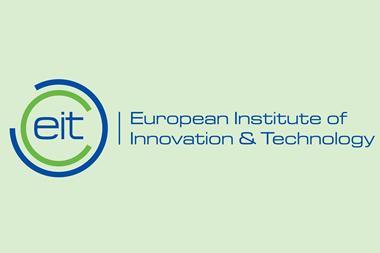Attracting industry cash a key challenge for new chair
The European Institute of Innovation and Technology (EIT) was officially launched on 15 September with the first meeting of its 18-member governing board. But with the institute garnering less EU money than was expected, attracting industry investment will be a pressing priority.
Speaking at the launch, which took place in the EIT’s host city of Budapest, European Commission president Jos? Manuel Barroso said that the success of the institute, which has faced financial difficulties since its inception, would depend on the board drawing in private sector money and convincing the most innovative businesses and the best research organisations to participate.
EU cash for the institute, however, remains limited. The EIT secured six-year funding of just 308 million euros (?246 million) from EU coffers - much less than the 2 billion euros originally proposed by Barroso - as a result of fears by member states and MEPs that the institute would be a drain on EU research funds. Knowledge and Innovation Communities (KICs) - the research collaborations between universities and businesses that the EIT will fund - will also have to compete for EU research cash on an equal footing with other bids.
Barroso said one of the EIT’s goals will be to push up industry spending on research, bringing the proportion of the EU’s gross domestic product (GDP) spent on R&D closer to the 3 per cent target agreed by member states. Barroso promised that the institute will operate ’without any political or bureaucratic interference,’ and will have ’an unprecedented level of autonomy’. ’But this means that the ball is now in the governing board’s court,’ he added.
At the meeting, the board appointed physicist Martin Schuurmans as its chair. Schuurmans is co-founder and former dean of the Sino-Dutch Biomedical School of Information Engineering in Shenyang, China, and a former executive vice president of Philips Research in the Netherlands.
The first two or three KICs - likely focusing on climate change, renewable energy and the next generation of information and communication technologies - are expected to be selected and launched by the board by January 2010.
Rebecca Trager
Enjoy this story? Spread the word using the ’tools’ menu on the left.







No comments yet